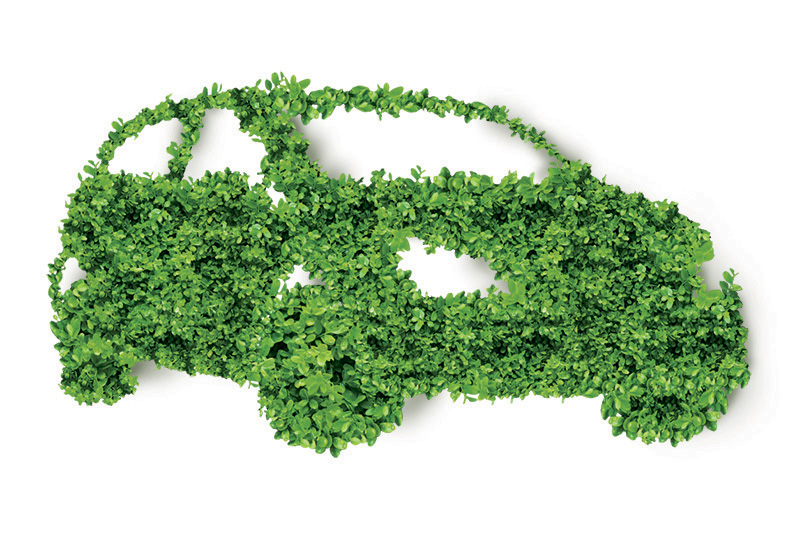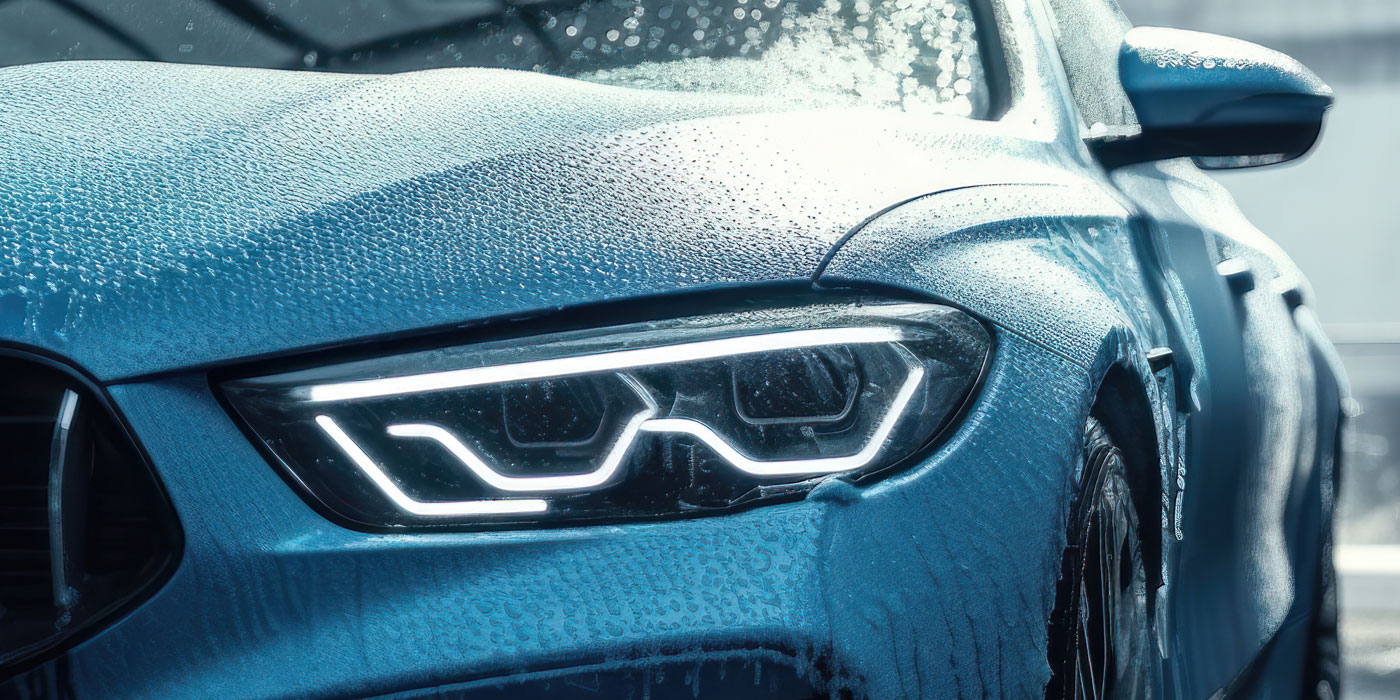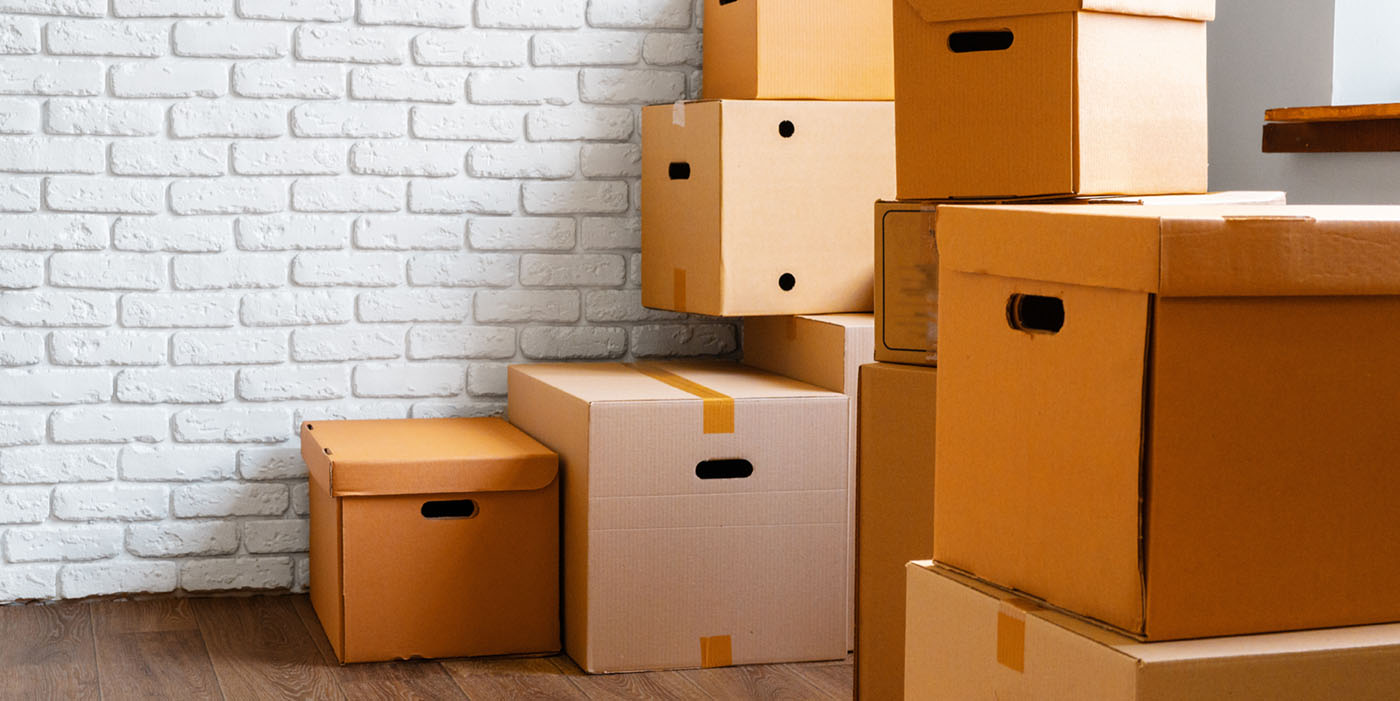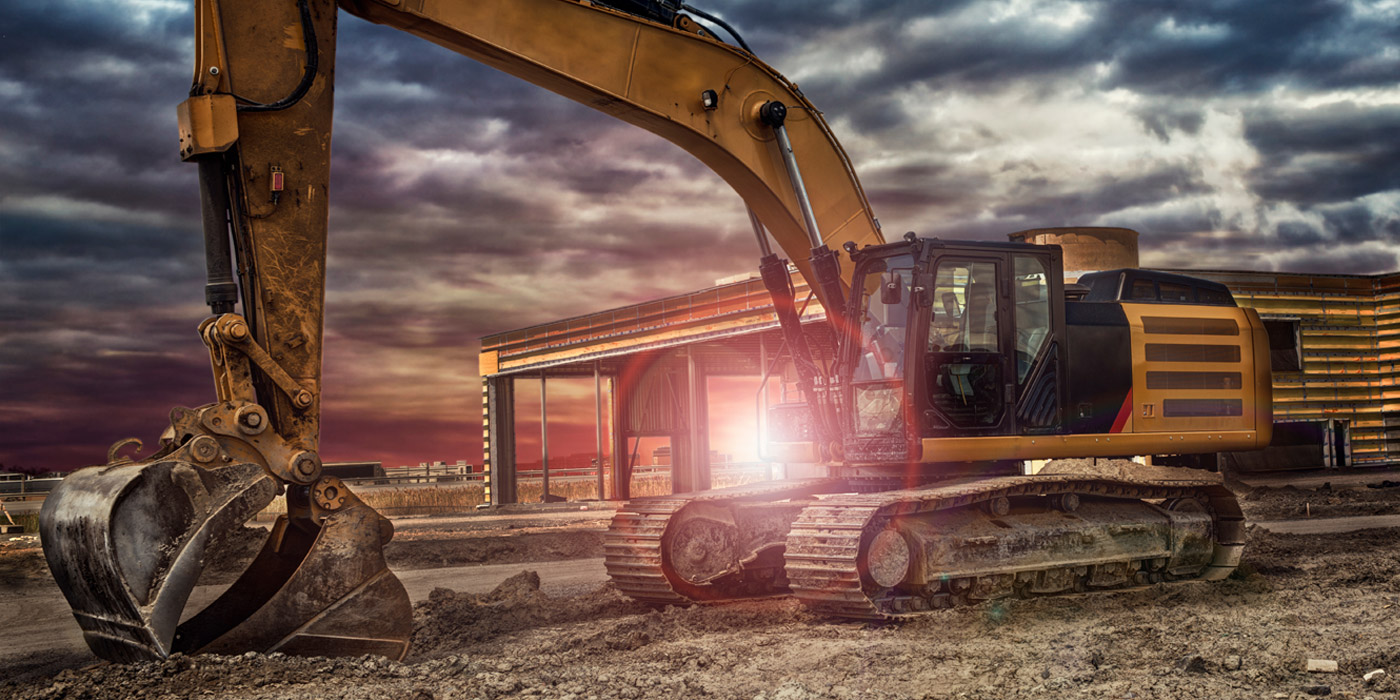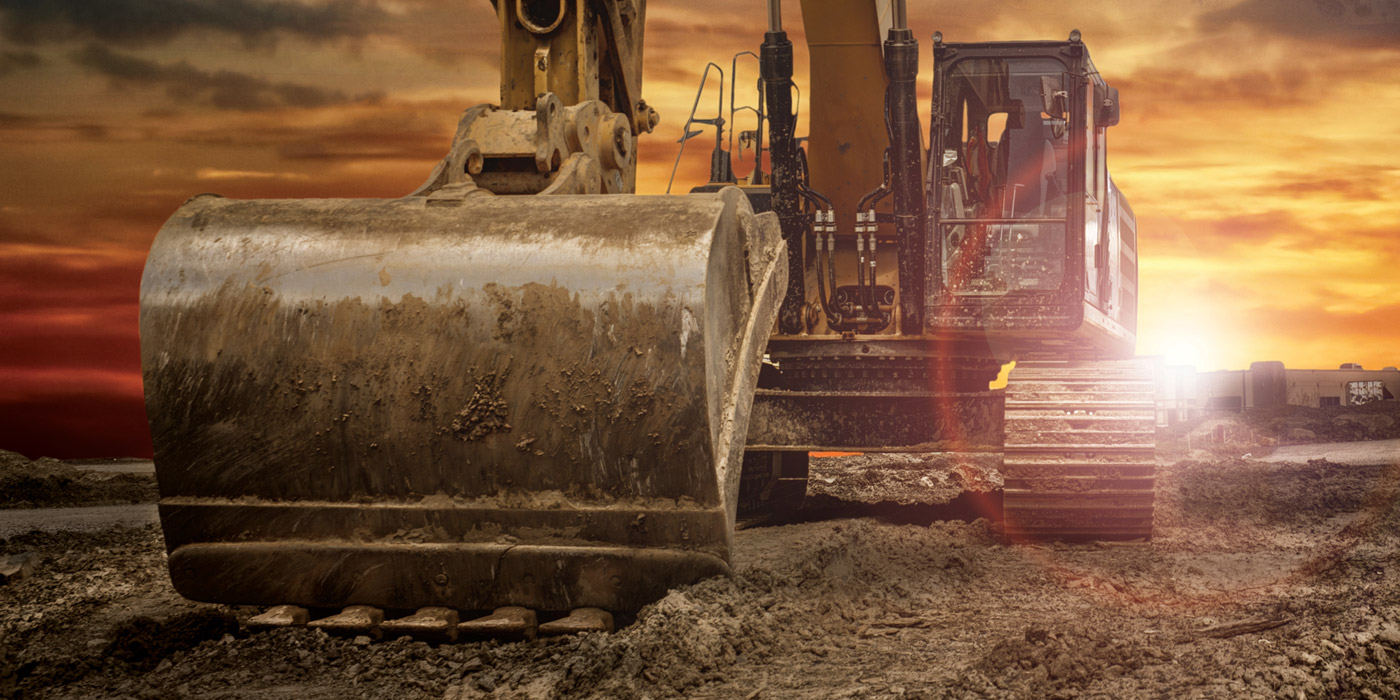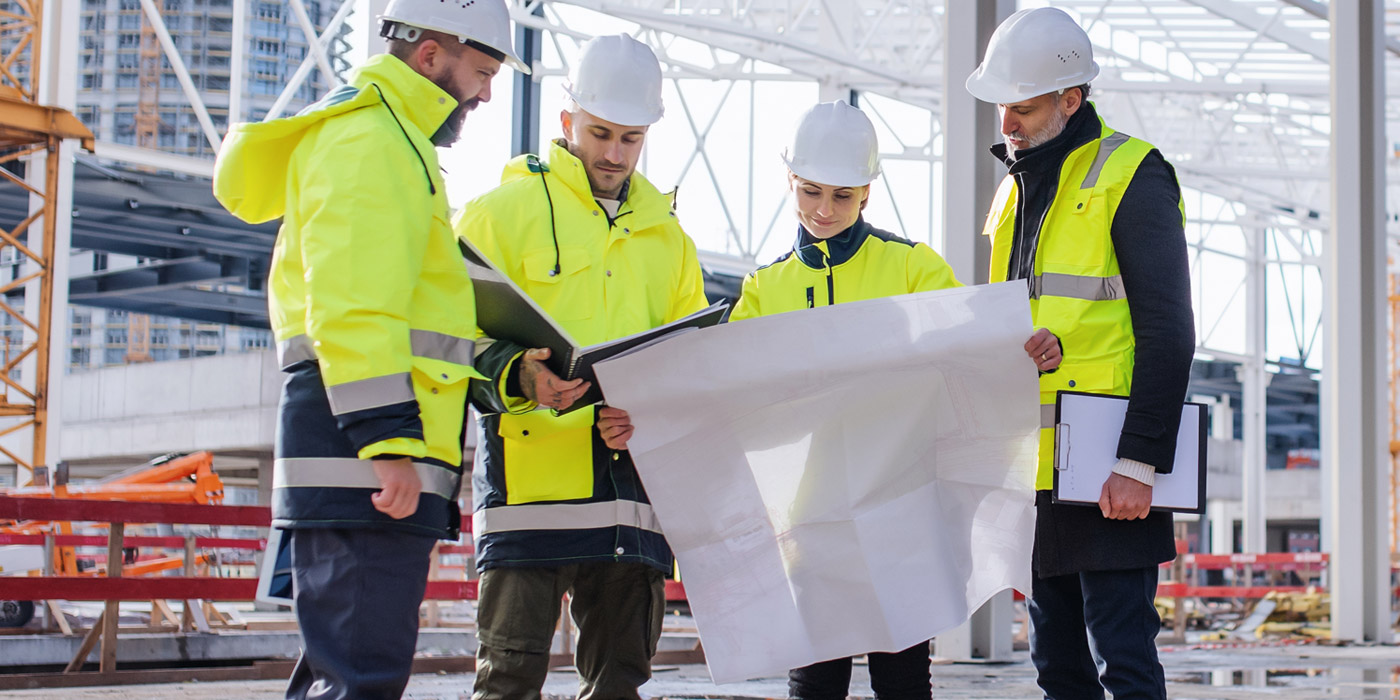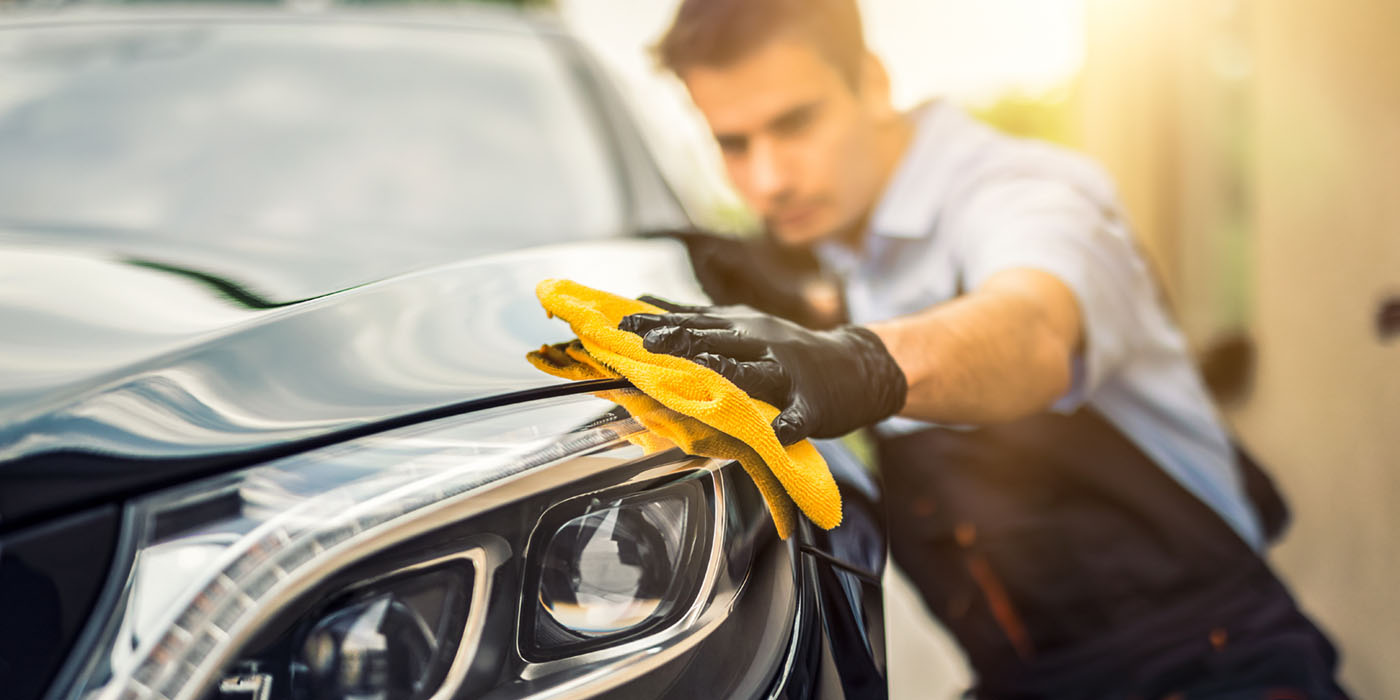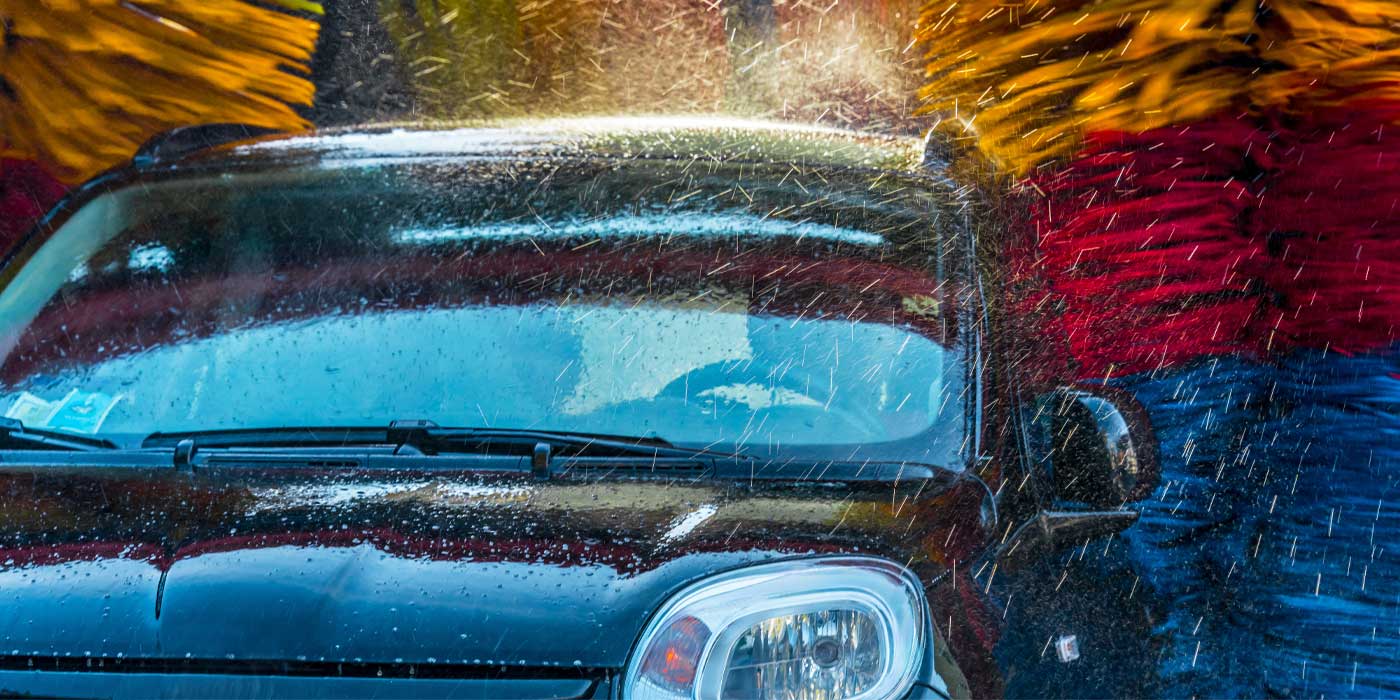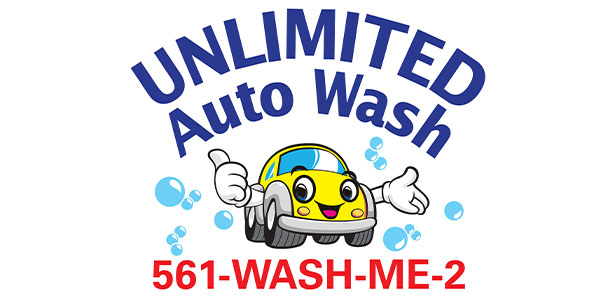When my father, Charlie Howard, launched Howco Inc. and then Autobell Car Wash in 1969, our environmental options and practices were not nearly what they are today. I’d like to reflect on where our industry was 50 years ago and then focus on the wonderful options and opportunities we, as carwashers, have in order to help conserve our natural resources without jeopardizing our operation or bottom line.
The history of environmental carwashing
The best thing to happen to the carwash industry regarding treating, recycling and reclaiming water was the Federal Clean Water Act of 1972, which established the basic structure for regulating discharges of pollutants into the waters of the U.S. This was a much-needed catalyst to begin conserving and preserving our most important natural resource. Our big, beautiful planet has a finite amount of water, and it is not making any more.
Our first three Autobell Car Wash locations did not recycle water in the early 1970s. We later added a recirculation method that filtered out larger particles. My father claimed the re-circulated wash water helped clean and polish the cars because of the toughness of the enamel paint used on vehicles in the 1960s and 1970s. Our fourth store was an acquisition that already had a reclaim system, and that was our introduction to more efficient and environmentally friendly water management. Saving money on water bills was (and is) a priority for us.
Oddly enough, in Charlotte, which is home base for both Autobell and Howco, wastewater was initially required to be disposed of into storm drains instead of the sanitary sewer. Eventually, the Army Corps of Engineers started studying that requirement and determined that it was a bad idea to pollute our drinking water. That’s when we really became more environmentally conscious and extended a sewer line to our first wash to comply.
Our fifth wash was also a conversion, and this one had a reclaim system for both water and heat, as it used heated water and steam cleaners. That system was quite expensive to operate as gas and water prices increased, and the chemical technology advanced enough for us to soon change to a cold-water wash.
Related: Top 20 tips for optimizing your water reclaim system
Since the mid-1970s, all of our new-build and converted carwashes have been upfitted with some type of water treatment/recycling/reclaim system. In 2007, we were building a wash in Union County, North Carolina, when a moratorium was passed against new construction because the county’s water and sewage infrastructure was not capable of handling new customers. That is when we first installed a closed-loop total reclaim system. We were also prepared to install incinerator toilets in customer and employee restrooms, but the moratorium was lifted, and we could connect the restrooms to the new county system.
We kept a version of the closed-loop reclaim system and have installed it in all of our new builds since then. We have also connected some older washes to total reclaim systems as needed and where possible, and we plan to convert more.
A closer look
I share this history to enlighten new carwash investors about how far our industry has come and to encourage them to fully explore the options and advantages of operating in an environmentally preferable way without risking performance.
Here is a closer look at some eco-friendly options for integral parts of a carwash:
- Water: Depending on water and sewer rates, we project an average return on investment of about 10 years for our total reclaim systems. We have found them to be very environmentally friendly and that they provide a superior carwash. We’ve even had promotional photos taken of industry executives with our upper management drinking the reclaim water. The enzymes in this system “eat” the hydrocarbons and produce clean, clear water.
- Chemicals: The use of surfactants in our modern carwash chemicals has made them more effective and one of the reasons we can wash with cold water. Chemical technology is allowing us more chemical options to wash cars better using fewer solutions and to save money in that arena.
- Machinery: Modern electric controls and VFDs allow control of energy, which saves electricity costs by allowing you to only use what you need for high voltage items, such as pumps, blowers and brushes.
- Robots: Many carwash experts see robots as the next big step in our industry. We are seeing robotics of all sorts in nearly every industry. Robots are performing simple and complex tasks in manufacturing, medicine, distribution and elsewhere. Much of this technology will most certainly replace humans and their related costs. In the carwash world, future operators will need robots to help the wash process become more efficient, conserve environmental resources and maintain the safest conditions for the vehicles being washed.
As to the last point, carwash robots will be able to do this by measuring and precisely cleaning the areas that are most difficult on every make and model. This will eliminate any hand-prepping because the robot knows where to go and what to do on every type of vehicle. By zeroing in on the idiosyncrasies and intricacies of each type of car, the robots will eliminate all guesswork and take into consideration the season of the year and its typical, probable (or perhaps even exact) weather conditions, including snow/brine, pollen, leaves, etc.
Robots could even know the specifics of special needs vehicles that cannot roll while in neutral or have collision-avoidance systems that are activated via wash brushes. Clearly, robotics will bring a new dimension to our industry.
Finally, do not ignore environmental laws and concerns. Operating in an environmentally preferable way may cost more up front, but it will pay for itself in tangible and intangible ways.
Related: Carwash utility bill and environmental savers
Chuck Howard is owner and CEO of Howco Inc., a leading distributor of carwash equipment and supplies, and Autobell Car Wash, America’s second largest full service carwash chain with 77 stores in North Carolina, South Carolina, Georgia, Virginia and Maryland. For further information, please visit www.Howco.com and www.Autobell.com.

